By Kareem Opeyemi
In reality, the naira has depreciated in value, such that the lowest currency in circulation, N5, can hardly purchase any valuable stuff. Such is the sad story of our currency.
Unfortunately,it has culminated in high levels of inflation.
For starters, inflation is the decline of purchasing power of a currency overtime. In simple terms, it is the rate at which the value of the currency is falling and the general prices of goods are on the rise.
According to World Bank data, Nigeria is a lower-middle-income emerging market, struggling with inflation. Between January and September 2021, the inflation rate of the country averaged 17.42 per cent and ranked the highest in West Africa as of March 2021.
Observers believe inflation can be good for the economy, while others hold divergent opinion, the consensus is that it has negative impact on the naira.
However, the steady decline of the naira did not occur overnight. It sprung from about N22 per dollar to a whopping N86 per dollar in 2000. In fact, coins have become worthless . People no longer transact with smaller denominations. It is not an exaggeration to say the economy is hard hit, and gradually deteriorating.
A consequence of currency decline is devaluation. The naira has lost 99.8 per cent of its value over the years. In 1981, $1 was equal to 61 kobo. At present, $1 is equal to N500 and more. The exchange rate with other foreign currencies remains unstable.
When asked about the prices of commodities and the purchasing power of the naira, a respondent said:
“A crate of egg is now N2000. It used to be N700. I wonder where we are going in this country,” said Kiishi.
Hike in prices has affected almost all sectors of the economy. Citizens continue to lament increased food prices and other commodities while hoping things improve.
Inflation has also affected prices of textbooks and uniforms. In private schools, tuition has increased to the point some parents are forced to withdraw their children.
Low-income families whose main priority is to feed now have little or no money left for education because of the hike in the prices of foodstuff. It has also affected affordable health care delivery.
There is no gainsaying that inflation is a heavy burden on the country. With the poor economy and the naira still undervalued, it is high time inflation is controlled.

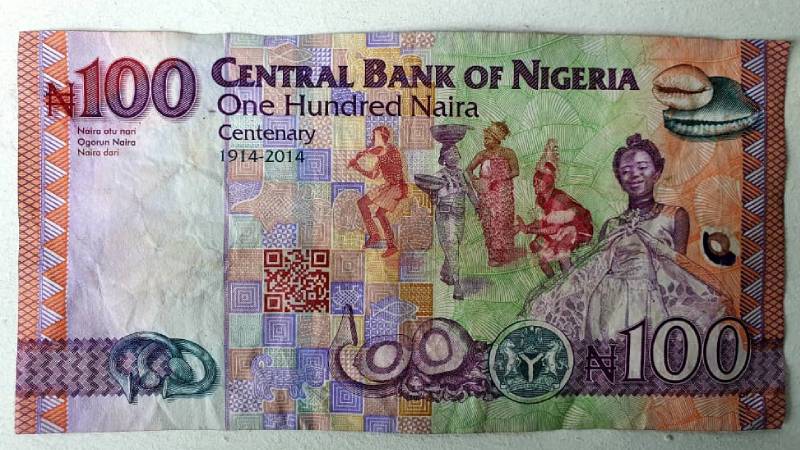
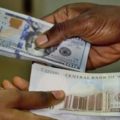
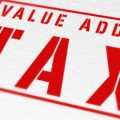


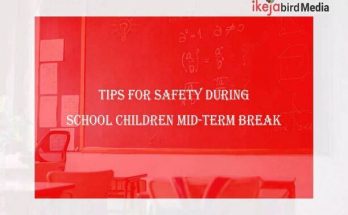

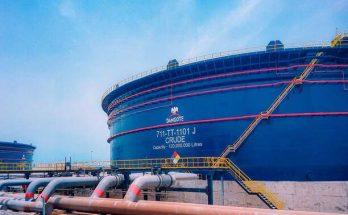
This economy is the worst tbh
Also I hope the country will get better.
With the way we are going in this country, only the rich will survive. Mark my words
Nice read. Although dollar is now less than 500naira. Still, this article is valid.
Nice
Nice read